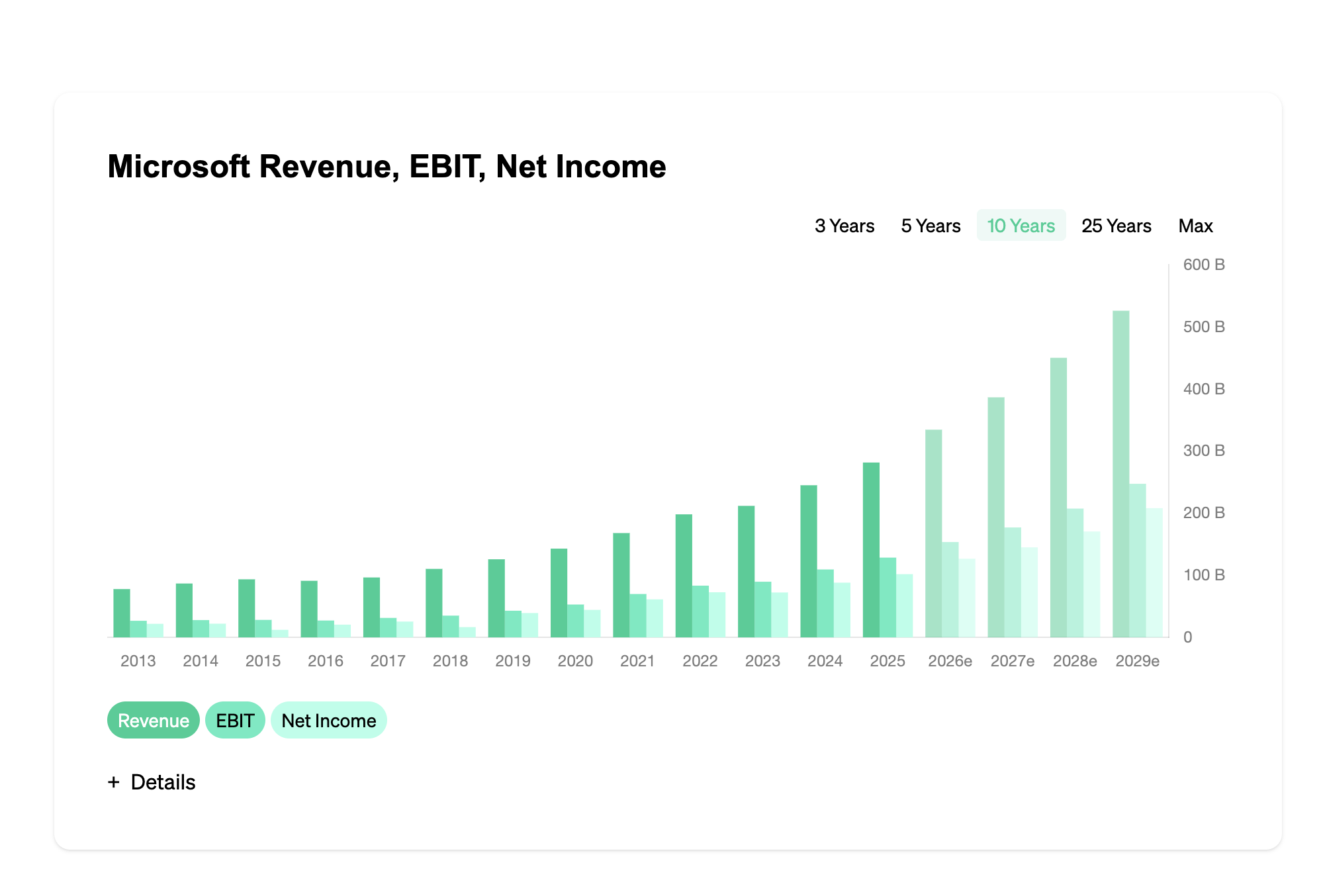COMECON
Definition und Erklärung
TL;DR – Kurzdefinition
Zu den FAQs →COMECON: Definition: COMECON (Council for Mutual Economic Assistance) – Definition and Explanation in Equities and Capital Markets COMECON (Council for Mutual Economic Assistance), also known as the Council for Mutual Economic Aid, was an economic organization established in 1949 by the countries of the Eastern Bloc. The Soviet Union played a leading role in this organization, which aimed to promote economic cooperation and integration among its member states. COMECON's main objective was to coordinate economic planning, trade, and resource allocation within its member countries. The formation of COMECON was driven by the political and ideological considerations of the Soviet Union. It sought to establish a socialist economic framework for its member states, providing them with a platform for cooperation and a means of countering the influence of the capitalist world. The organization consisted of the Soviet Union and thirteen other countries, including East Germany, Poland, Hungary, Bulgaria, Czechoslovakia, Romania, and Vietnam, among others. One of the primary functions of COMECON was to facilitate trade and economic cooperation among its member states. It aimed to ensure the specialization and division of labor within the Eastern Bloc, with member countries focusing on producing specific goods or commodities to meet the common needs of the region. COMECON also provided a platform for the coordination of industrial development plans, investment projects, and the exchange of technological expertise among its member countries. The activities of COMECON were supported by various institutions, including the Economic Committee, the Foreign Trade Committee, and the Scientific and Technical Committee. These institutions played a crucial role in formulating economic policies, promoting coordination, and enhancing economic relations within the Eastern Bloc. However, COMECON's influence and effectiveness declined significantly following the political and economic changes in the late 1980s and early 1990s. The dissolution of the Soviet Union in 1991 and the subsequent transition of many Eastern Bloc countries to market-based economies led to the gradual disintegration of COMECON. By the late 1990s, COMECON ceased to exist as an active organization. In conclusion, COMECON was an economic organization established by the countries of the Eastern Bloc, led by the Soviet Union, to promote economic cooperation and integration among its member states. It played a significant role in coordinating economic planning, trade, and resource allocation within the Eastern Bloc. While its influence declined with the political and economic changes in the late 20th century, COMECON remains an important chapter in the economic history of the Eastern Bloc. For more in-depth information and comprehensive coverage of investment terms, visit Eulerpool.com, a leading website for equity research, market analysis, and finance news. Enjoy access to a vast glossary encompassing stocks, loans, bonds, money markets, and cryptocurrencies, providing you with valuable insights to navigate the complexities of capital markets. Stay informed and empowered with Eulerpool.com!
Ausführliche Definition
Häufig gestellte Fragen zu COMECON
Was bedeutet COMECON?
Definition: COMECON (Council for Mutual Economic Assistance) – Definition and Explanation in Equities and Capital Markets COMECON (Council for Mutual Economic Assistance), also known as the Council for Mutual Economic Aid, was an economic organization established in 1949 by the countries of the Eastern Bloc. The Soviet Union played a leading role in this organization, which aimed to promote economic cooperation and integration among its member states.
Wie wird COMECON beim Investieren verwendet?
„COMECON“ hilft dabei, Informationen einzuordnen und Entscheidungen an der Börse besser zu verstehen. Wichtig ist immer der Kontext (Branche, Marktphase, Vergleichswerte).
Woran erkenne ich COMECON in der Praxis?
Achte darauf, wo der Begriff in Unternehmensberichten, Kennzahlen oder Nachrichten auftaucht. In der Regel wird „COMECON“ genutzt, um Entwicklungen zu beschreiben oder Größen vergleichbar zu machen.
Welche typischen Fehler gibt es bei COMECON?
Häufige Fehler sind: falscher Vergleich (Äpfel mit Birnen), isolierte Betrachtung ohne Kontext und das Überinterpretieren einzelner Werte. Nutze „COMECON“ zusammen mit weiteren Kennzahlen/Infos.
Welche Begriffe sind eng verwandt mit COMECON?
Ähnliche Begriffe findest du weiter unten unter „Leserfavoriten“ bzw. verwandten Einträgen. Diese helfen, „COMECON“ besser abzugrenzen und im Gesamtbild zu verstehen.
Lezersfavorieten in het Eulerpool Beurslexicon
Skimming-Strategie
Skimming-Strategie - Definition und Bedeutung Die Skimming-Strategie, auch bekannt als Abschöpfungsstrategie, bezieht sich auf eine besondere Methode der Preisgestaltung und Gewinnmaximierung, die von Unternehmen in den Kapitalmärkten angewendet wird. Im Bereich...
Saldenliste
Die Saldenliste ist ein wesentliches Instrument zur Überwachung und Verwaltung von Finanzkonten und Anlagen in den Kapitalmärkten. Diese Liste bietet einen detaillierten Überblick über die Finanzpositionen und Transaktionen eines Unternehmens...
Stakeholder
Stakeholder (Teilhaber/Interessengruppe): Eine Stakeholder (Teilhaber oder Interessengruppe) ist eine natürliche oder juristische Person, die direkt oder indirekt von den Aktivitäten eines Unternehmens oder einer Organisation betroffen ist oder Einfluss auf...
Computer
Ein Computer, auch bekannt als Rechner oder Rechenanlage, ist eine elektronische Maschine, die dazu entwickelt wurde, Informationen zu verarbeiten und Aufgaben durchzuführen. In der Finanzwelt spielt der Computer eine entscheidende...
Haushaltsvertreter
Haushaltsvertreter ist ein Begriff aus dem deutschen Steuerrecht und bezieht sich auf eine bestimmte Person oder Organisation, die im Namen eines Haushalts handelt. In der Regel handelt es sich bei...
NRO
Die Abkürzung NRO steht für "Non-Residents Ordinary Account" und bezieht sich auf eine Art von Bankkonto, das von indischen Banken speziell für Nichtansässige angeboten wird. Dieses Konto ermöglicht es Ausländern,...
Duplikat
Das Duplikat ist ein Begriff, der im Bereich der Finanzmärkte verwendet wird, insbesondere im Kontext von Wertpapieren und Finanzinstrumenten. Es bezieht sich auf eine exakte und identische Kopie eines bestimmten...
selbstschuldnerische Bürgschaft
Selbstschuldnerische Bürgschaft ist eine rechtliche Vereinbarung zwischen einem Bürgen und einem Gläubiger, bei der der Bürge eine selbstschuldnerische Haftung für die Erfüllung der Verpflichtungen des Hauptschuldners übernimmt. Eine solche Bürgschaft...
Beförderungsgeschäfte
Beförderungsgeschäfte – Definition und Bedeutung für Investoren in den Kapitalmärkten Beförderungsgeschäfte, auch bekannt als Carry Trades, sind eine spezifische Strategie im Devisenhandel, die von professionellen Investoren in den Kapitalmärkten angewendet wird....
Zahlenmengen
Zahlenmengen ist ein Begriff aus der mathematischen Disziplin der Mengenlehre und spielt eine zentrale Rolle bei der Analyse von Finanzmärkten. In diesem Kontext bezieht sich Zahlenmengen auf die verschiedenen Arten...









